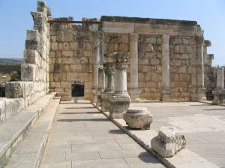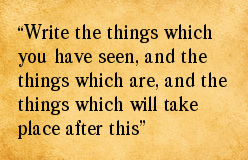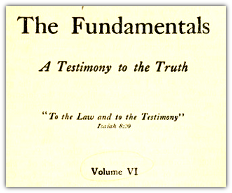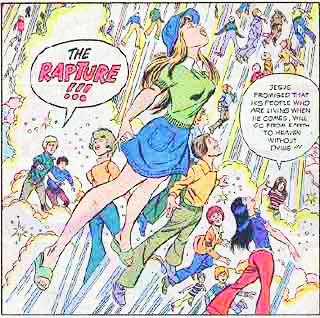The Synagogue and the Church: A Study of Their Common Backgrounds and Practices (Part 5)
 Reprinted with permission from As I See It, which is available free by writing to the editor at [email protected]. Read the series so far.
Reprinted with permission from As I See It, which is available free by writing to the editor at [email protected]. Read the series so far.
Chapter Five: The Public Service in the Synagogue and the Church
An interesting Greek inscription discovered in Jerusalem is reported by Meyers:
Theodotus, son of Vettenos, the priest and archisynagogos, son of a[n] archisynagogos and grandson of a[n] archisynagogos, who built the synagogue for purposes of reciting the Law and studying the commandments, and as a hotel with chambers and water installations to provide for the needs of itinerants from abroad, which his fathers, the leaders and Simonides founded.1
This inscription, besides mentioning three successive generations of “rulers of the synagogue” in one family (on which title, see below), it also addresses two of the three major purposes for the synagogue’s existence: reading the Law and studying the commandments. Only prayer of major synagogal public activities is not mentioned. Hospitality shown to travelers was considered worthy of note as well (following Abraham’s example in Genesis 18?).2
Discussion
The Future Kingdom in Zephaniah
From Faith Pulpit, Summer 2013. Used by permission. All rights reserved.
The question of the literalness of the prophecies concerning Israel’s future is a major theological issue today. That issue is a key distinction between dispensational and Reformed/Covenant views of eschatology. In this article explores the prophecies related to Israel’s future in Zephaniah 3, and this careful interpretation provides a paradigm for interpreting other prophetic passages.
Zephaniah was a prophet to the southern kingdom of Judah. He ministered after the spiritually disastrous reigns of Manasseh and Amon and during the attempted revival of godly King Josiah (640–609 B.C.). Unfortunately, Josiah’s revival was not enough to stem the tide of wickedness in the kingdom, and God allowed Judah to be captured and enslaved by the Babylonians, beginning with King Nebuchadnezzar’s first attack on Jerusalem in 605 B.C. Zephaniah probably penned his prophecy in the mid-620s. He was a contemporary of Jeremiah and Habakkuk.
Discussion
The Hope of the Church
CHAPTER VIII: THE HOPE OF THE CHURCH
BY REV. JOHN MCNICOL, B. A., B. D., PRINCIPAL OF THE TORONTO BIBLE TRAINING SCHOOL
Discussion
Book Review - Kingdom Come: The Amillennial Alternative
[amazon 1781911320 thumbnail]
Discussion
Jewish Roots Evidence for a Futurist Interpretation of the Book of Revelation

Introduction
I am a believer in the concept of biblical patterns and double or even multiple fulfillments of prophecy. The destruction of the Temple on the 9th of Av, 586 BC and again on the 9th of Av, AD 70 evidence the pattern-like nature of God’s dealings.
Still, prophecies usually have one “more literal” fulfillment (e.g., Isaiah 7:14). So it is possible to examine a verse, see how it was fulfilled somewhat near to the prophecy, but then see a fuller fulfillment in the future. Thus the Book of Revelation can have several fulfillments, one that is past, one that is ideological and not tied to particular dates, and one that is somewhat more literal, sequential, and tied to the End Times. Thus the “Futurist” approach to Revelation is not necessarily mutually exclusive, but is, I believe, primary.
Does Jewish literature leave us an example, a clue for interpreting Revelation 4-19 in particular? Although many of us tie this period to Daniel’s 70th seven (Daniel 9:25ff), others see it otherwise. So what evidence is there—outside of the Bible proper—that suggests understanding Revelation 4-19 as an expansion and detailed account of the coming seven-year world tribulation? Glad you asked.

 (
(


Discussion